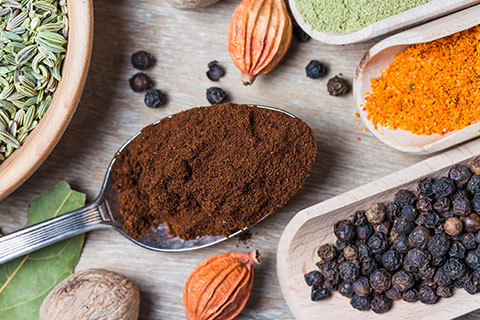
You might have heard about Nepali cuisine and maybe even tried it, but did you know that Nepali cuisine is considered generally healthier compared to other South Asian cuisines?
That’s thanks to the unique combination of spices used. In fact, the amount used is just enough to ensure that it is healthy and tasty at the same time.
Originally the types of spices used varied according to the region. But with the help of modern transportation, spices found in one part of Nepal is used in the other parts of the country as well.
Nowadays the most commonly used spices in Nepal are salt, ginger, garlic, szechwan pepper (timmur), fenugreek seeds, turmeric, cumin, cilantro/coriander, asafoetida, and green chillies. Less common spices include ajowan seeds, cloves, cardamom (black and green pods), bay leaves, mustard seeds, and so on.
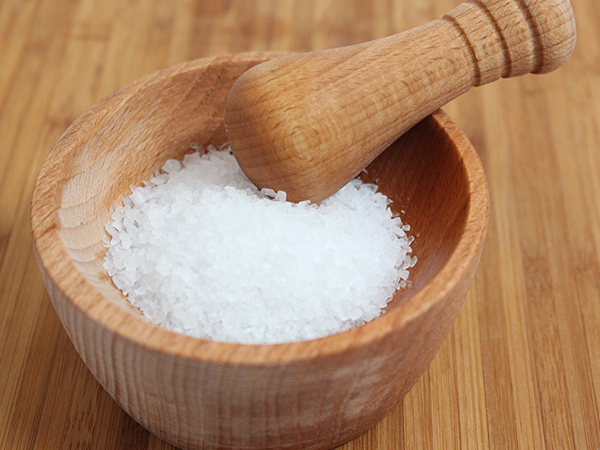
Salt is used almost everywhere in the world and it is usually a part of every meal. But have you stopped to think about its health benefits?
Salt aids blood sugar control by improving insulin sensitivity, stabilizes irregular heartbeats, regulates blood pressure, and prevents muscle cramps when used in a proper amount. It also supports thyroid function by reducing circulating stress hormones and helps the kidney to pass excess acidity into the urine.
But watch out – Nepalese cuisine uses sea salt and not table salt which is considered less healthy.
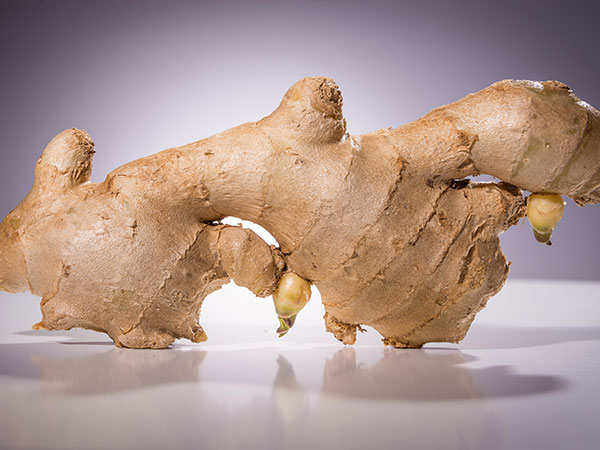
With its aromatic smell and spicy flavor, not only does ginger add a unique essence to food but it also decreases the risk of obesity, diabetes, heart disease, and overall mortality.
Ginger also promotes healthy complexion, and relieves you from nausea, loss of appetite, motion sickness, and digestive problems such as gastrointestinal irritation.
Fun Fact: You can make hair oil from ginger to improve hair growth and reduce dandruff.
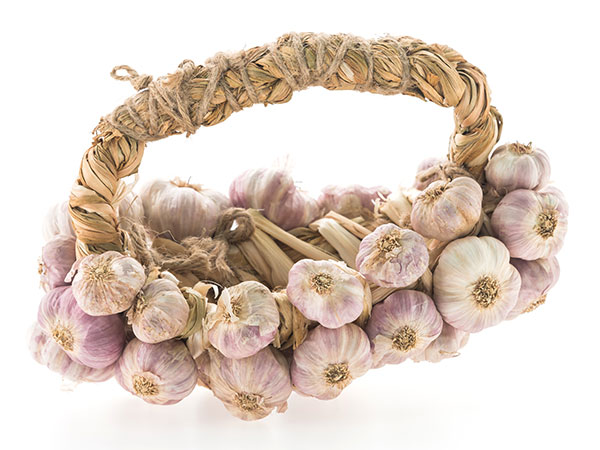
There’s a saying in Nepal, “Din ma euta lasun, Doctor bahira basun,” which means, “You don’t need to see a doctor if you eat one garlic everyday”.
Garlic has been found to reduce blood pressure and lower the risk of heart disease. It contains antioxidants that protect against cell damage and ageing, and reduces the risk of Alzheimer’s disease and dementia.
Fun Fact: Try eating raw (and washed) garlic when you have a common cold as it can reduce the severity of your condition.
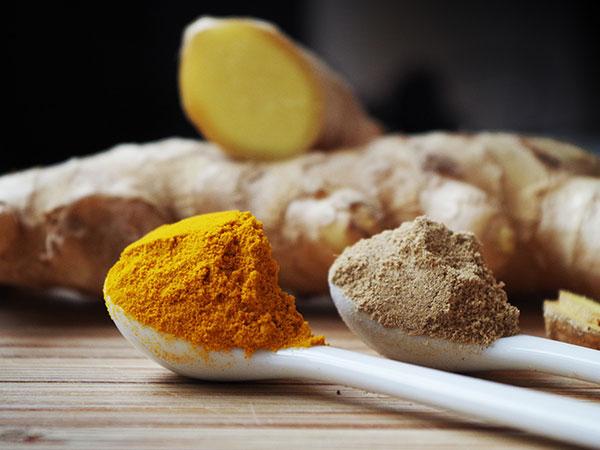
Turmeric has so many healing properties that it continues to baffle scientists when they discover a new one.
Turmeric helps the body fight foreign invaders and has a role in healing physical injuries. It increases the growth of neurons, fights various degenerative processes in the brain and also reduces the risk of heart disease.
Its also been found that turmeric can reduce angiogenesis (growth of new blood vessels in tumors), metastatis (spread of cancer) as well as kill cancerous cells.
Fun Fact: If you want to have glowing skin, make a paste of turmeric, flour and honey or lemon. Spread it on your face evenly and keep it for a few minutes then wash it off. You may also have to use makeup remover to remove the stain of turmeric.
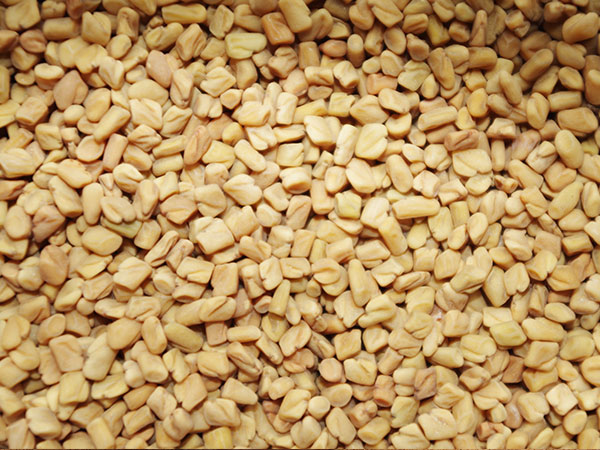
Fenugreek seeds do not normally feature in other cuisines but they are used in almost every Nepalese kitchen. Despite the bitter taste, this seed also has a lot of health benefits.
Fenugreek seeds have been found to remove body toxins and provide relief from indigestion, constipation and other digestive disorders, fever, cough, and sore throats.
It can also prevent colon cancer, heart attack and reduce the risk of heart disease, control heart rate and blood pressure. It can also be used to treat digestive problems such as loss of appetite, an upset stomach, stomach inflammation, and gastritis.
Fenugreek seeds are also a rich source of vitamins and may even cure memory loss, Alzheimer’s disease, and early ageing.
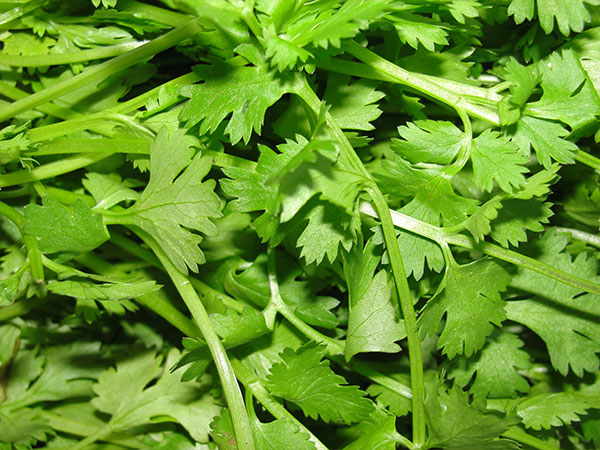
Cilantro is versatile and is used in almost every dish, even around the world. But surprisingly, most people still don’t know how this spice is healthy for the body.
Cilantro can help reduce swelling due to kidney malfunction or anemia, prevent nausea, vomiting and stomach disorders. It can also heal ulcers and keep bone healthy.
Fun Fact: If you have bad breath just chew on a few leaves of coriander and your problem will be solved.
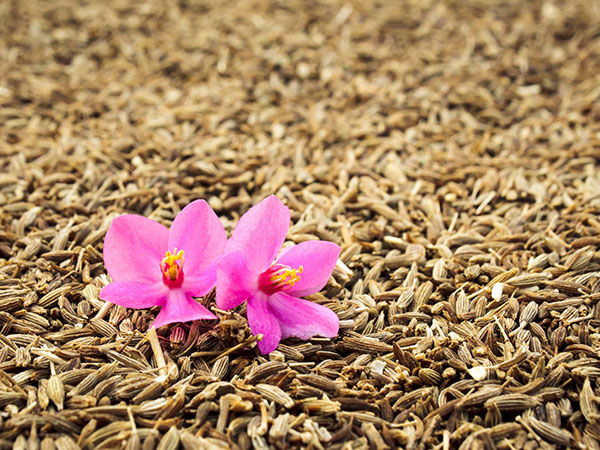
Cumin can aid in digestion, improves immunity, and be used to treat piles and insomnia. It also helps to cure anemia, skin disorders, boils and even cancer.
If you have any respiratory disorders, you might want to consider adding cumin to your diet as it helps in treating asthma, bronchitis and the common cold.
Fun Fact: Did you know cumin was one of the ingredients used in the mummification process in early Egypt?
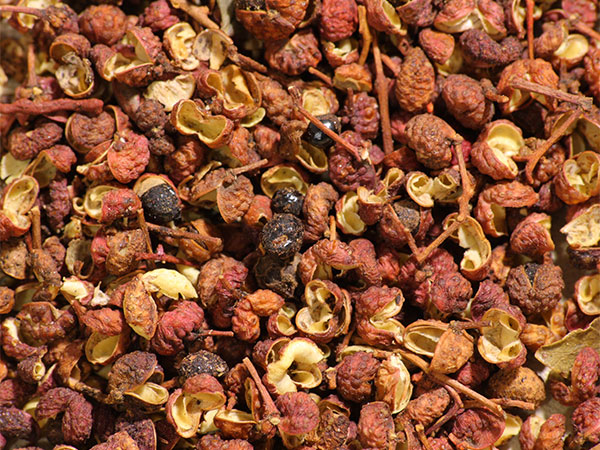
Szechwan pepper or sichuan pepper helps to relieve toothaches and stimulates appetite. It is also a good source of vitamins such as vitamin A, carotenes, pyridoxine, and thiamin and minerals like copper, potassium, iron, manganese, phosphorous, selenium and zinc.
Fun Fact: Native North Americans are known to use the ground bark of Szechuan plant as a treatment for toothaches.
Asafoetida is a godsend to women who have menstrual issues such as menstrual cramps, irregular periods, and dysmenorrhoea (painful periods). It also helps with stomach problems, eases earaches, and cures respiratory disorders.
Fun Fact: When you have a headache, try drinking a mix of a pinch of hing powder and warm water for relief.
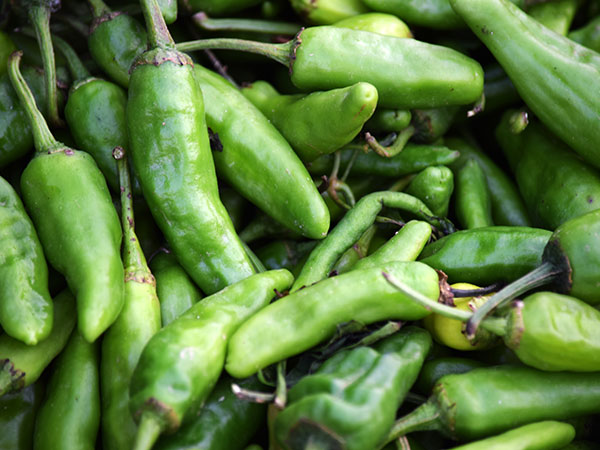
Usually very spicy food is not considered healthy but eating chillies in the right amount can be good for you.
In fact, green chillies have been found to reduce the risk of cancer and is a rich source of vitamin C which strengthens natural immunity to diseases. It also helps to reduce blood sugar levels and digest food faster.
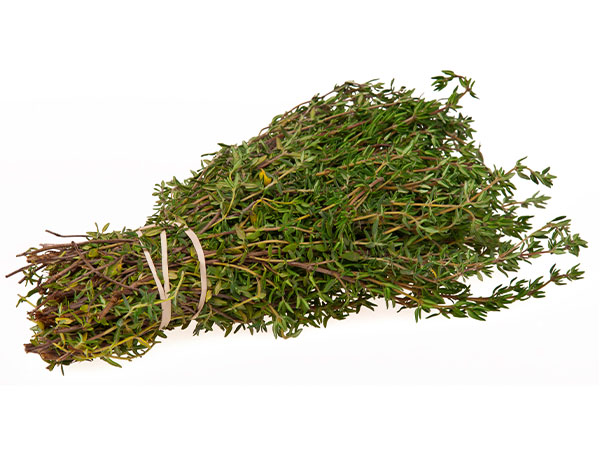
Thyme seeds help to lower blood pressure and boosts immunity since it is rich in minerals such as potassium, iron, calcium, manganese, magnesium, and selenium. You can also make thyme tea to have better digestion and reduce gas or bloating.
It also helps in protecting our body from food borne bacterial infections. Thyme can also help our body to get rid of excess salts, water and other toxins by increasing urination.
Fun Fact: Diluted thyme seeds can be used as a toner to tighten mature skin.
Also known as himalayan aromatic leaf garlic, jimbu is full of vitamin C and helps to inhibit the growth of harmful bacteria in the body. It can also help to prevent vascular diseases by lowering blood pressure and is believed to be excellent in treating allergies such as asthma or sinuses.
Jimbu also contributes to the formation of red blood cells and helps to prevent anemia and maintain healthy skin.
While these spices are certainly healthy for you in one way or another, the most important benefit is that they help enrich the flavour of the food.
So if you’ve have enough of reading and want more eating, visit us at 121 Uxbridge Road, White City, London or 23 Boston Parade, Boston Road, London and try out these exotic spices in mouth-watering dishes prepared by our team of master chefs.
Eat Healthy & Stay Happy 🙂
Disclaimer: The above facts have been researched from various websites but should not be taken as medical advice.